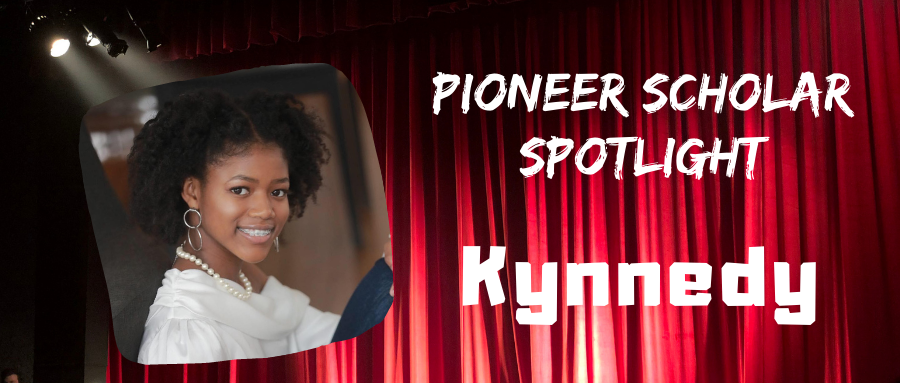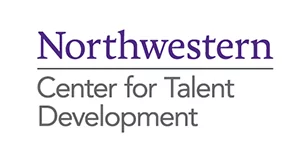Pioneer Scholar Spotlight: Kynnedy
“I ended up falling in love with computer science because it’s a way for me

“I ended up falling in love with computer science because it’s a way for me to create the tangible from the intangible and use that to actually help people as well.”
Pioneer scholar Kynnedy, from Cleveland, Ohio, has seen problems as opportunities begging for creative solutions since she was a child. She called herself “The Inventress,” and would invent little gadgets like pulley systems to make her chores more efficient and easier. After her Pioneer Research Program, Kynnedy is now thinking of how to become a “Digital Inventress,” using such new technologies as artificial intelligence, virtual reality, and enhanced human intelligence to find solutions to social problems as seemingly intractable as race relations.
Kynnedy’s Pioneer Research Program could have taken a number of different directions. She applied in the fields of psychology, music, and science, technology, and society, as well as computer science. As it turned out, her research concentration in the area of predictive data analytics was so useful to her goals for the future that she enrolled in a second Pioneer Research Program in digital mapping, “a sort of combination of computer science and more social science type research,” the spring of her senior year. In the fall, she will be continuing her studies in computer science at Columbia.
Kynnedy’s commitment to meeting challenges creatively helped make her Pioneer Research Program a success. She attended a high school where she wasn’t able to take a computer science course until her senior year, after her first Pioneer program, so when she joined her cohort of more experienced peers, she had only studied computer science on her own. She discovered she was not as proficient as she needed to be in the various computer languages that were being used, and found a creative solution to this problem by learning a new language that worked well for her and was useful for the work she was doing. That work involved testing various algorithms on the same data sets to see which worked better, and Kynnedy found that one of her algorithms was particularly useful on relatively small data sets, and concluded her paper with valuable recommendations for future study.
This combination of learning an entirely new language and doing research that she detailed in a useful, technical 30-page paper was a turning point for Kynnedy. “Pioneer taught me not to doubt myself, that I am actually able to do this work at a high level,” she says. Her research also confirmed Kynnedy’s commitment to working on social issues. Data analytics is used in all kinds of e-commerce, but one of the most intriguing articles Kynnedy read had to do with doctors using augmented reality glasses with artificial intelligence to help them perform knee replacement surgeries. Kynnedy would like to experiment with augmented human intelligence to solve even more problems. She plans to do her undergraduate work in computer science and get a Ph.D. in human/computer interaction and artificial intelligence, so she can create her own software company that explores ways to augment human intelligence to solve social problems such as racially charged police interactions. Kynnedy plans to continue being The Inventress—and also to continue to enjoy being an accomplished violinist.
Related News
Online Info Session
Doing research is commonplace. How do you choose the research opportunity that makes a difference?
Join us for a free online info session to learn about Pioneer
At Pioneer Co-Curricular Summit
Check exclusive sharings
From directors of prestigious programs






